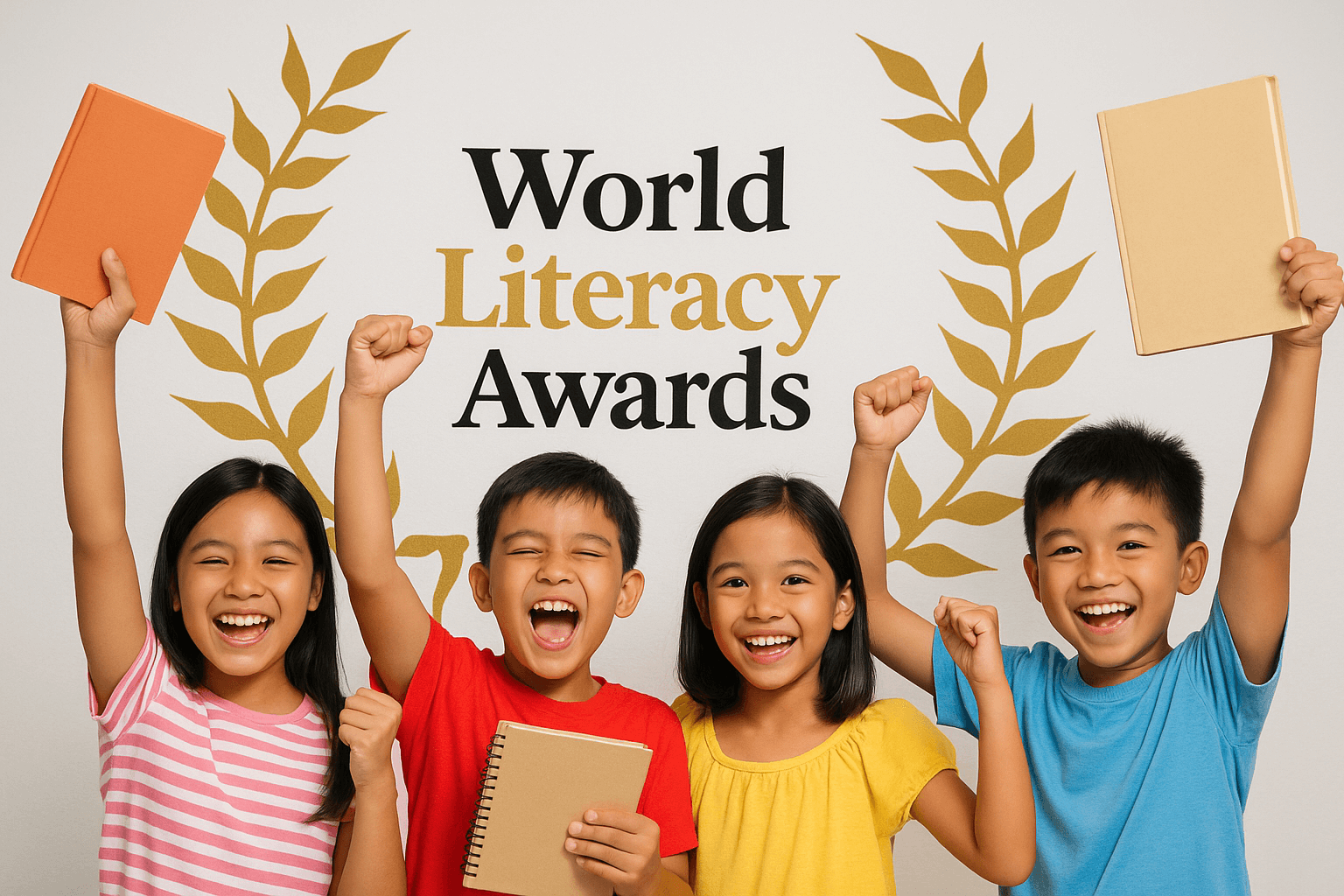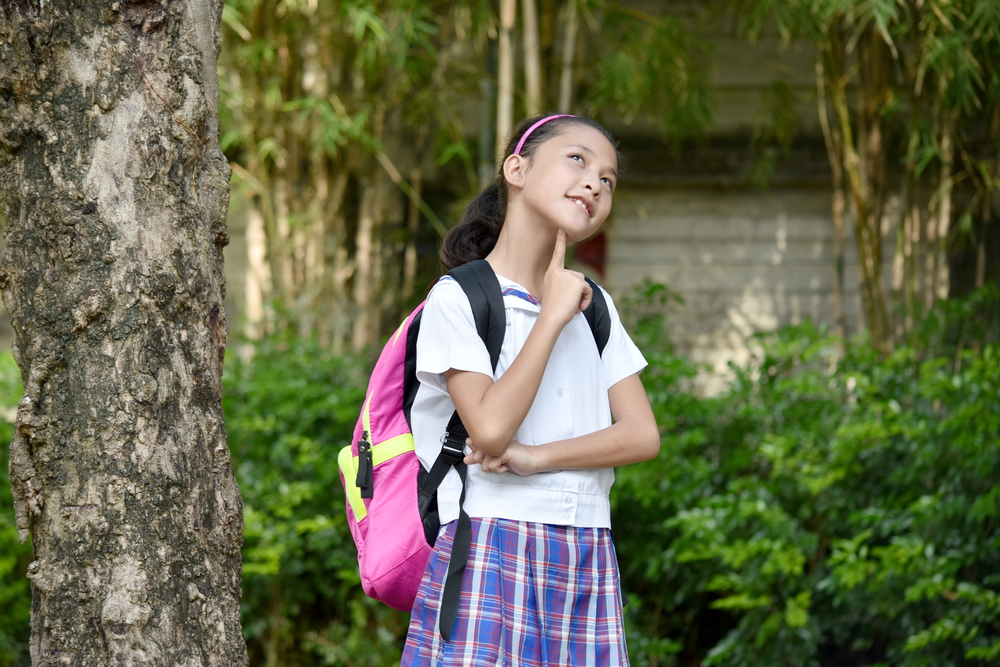Physical Address
304 North Cardinal St.
Dorchester Center, MA 02124
Physical Address
304 North Cardinal St.
Dorchester Center, MA 02124

It feels good to see the Philippines get recognized for something many of us work hard daily—helping children learn to read and write. On April 7, 2025, the World Literacy Foundation awarded our country the “Significant Contribution to World Literacy by a Government” at a special ceremony in Oxford, United Kingdom. That’s a big deal, and it shows the world that we care deeply about helping every Filipino child succeed. Reading programs, writing classes, and efforts like creating more access to Filipino children’s books have all helped push our learners forward.
Philippine Ambassador to the United Kingdom, Teodoro Locsin Jr., accepted the award on behalf of the country. Out of all the nations around the globe, only the Philippines received this honor. For many of us who spend each day guiding young learners, we all share that recognition.

One of the main reasons we received this award is how far the government has gone to bring literacy support into every corner of the country. The Department of Education (DepEd) opened 300 new literacy centers across 1,634 cities and towns. These centers give students better access to books, tutors, and learning spaces. Many of these places now carry Filipino children’s storybooks and easy-to-read materials that match their community’s local language and reading level.
Over the past year, DepEd also ran summer learning programs to help fill learning gaps before the new school year. These programs focused on reading and math, offering phonics, vocabulary, and problem-solving lessons. This helped many students catch up—especially those who didn’t do well during the regular school year.
One program that stood out to me was the “Bawat Bata Makababasa Program,” a 20-day reading tutorial made for early graders in Regions 6, 7, and 9. These areas were affected by the eruption of Mt. Kanlaon, and the program gave the students a chance to continue learning despite everything. Local reading materials, including stories from Philippine children’s literature, helped make the sessions more relatable and engaging for young readers.
There’s also the Literacy Remediation Program, which helped Grade 3 students who struggled in their reading tests. Teachers gave them small group lessons to focus on the most needed skills. Meanwhile, learners from Grades 4 to 12 who failed up to two subjects received help through the Summer Academic Remedial Program.
These efforts are significant when we look at recent challenges in education. In 2022, the Philippines ranked 63rd out of 64 countries in the PISA study on creative thinking. While that news was hard to hear, it also pushed everyone to do more and do better. The steps we’re taking now—like promoting reading through Filipino children’s literature and making programs more accessible—are part of the solution.
Books remain one of the best tools to open a child’s imagination and build confidence. I encourage parents to start with simple storybooks written by Filipino authors. These stories don’t just teach reading; they reflect our values, humor, and way of life. Whether about a tikbalang in the city or a child’s first day of school in the province, Philippine storybooks speak to our children in ways other books sometimes can’t.
This global award reminds us all that the work we do matters. From new reading centers to summer tutoring sessions and well-loved storybooks to new learning materials—we’re giving our children a better shot at a brighter future. And to me, that’s always worth celebrating.